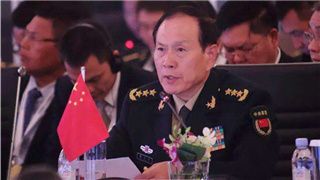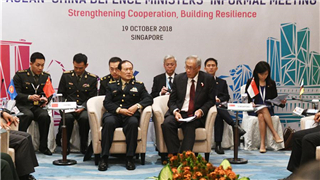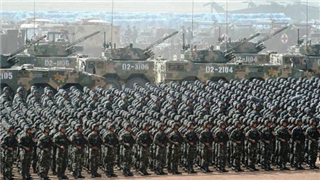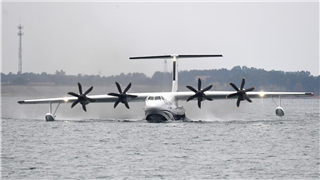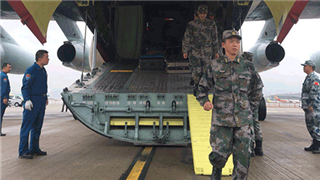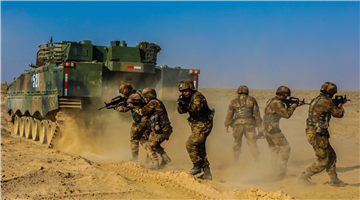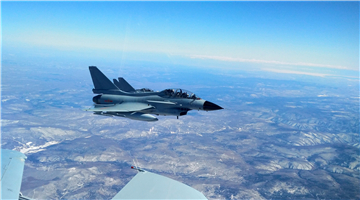By Luo Xi
On October 20 local time, President Donald Trump announced that the US will withdraw from the Intermediate-Range Nuclear Forces (INF) Treaty, saying that Russia had “violated” the treaty signed between the two countries in 1987.
The US withdrawal from the treaty will impose pressure on China in two aspects: On the one hand, the INF Treaty will exist in name only, and China may have to sign new arms control treaties with the US and Russia respectively; on the other hand, the US will deploy new medium-range missiles at its military bases in the Western Pacific region including Guam, thus directly threatening China’s security in the region.
The US has long considered China’s medium-range ballistic missiles especially the DF-21D and DF-26 a thorn in the side and worried that China’s development in medium-range missiles would result in a “missile gap” between the two countries, thus forming a huge “anti-access/area denial” challenge for the US in the Western Pacific region.
To cope with the stress, first of all, China should strengthen technology and personnel reserves in the field of arms control as quickly as possible. As powerful weapons to deter foreign invasion and safeguard national sovereignty, medium-range ballistic missiles compose the mainstay of China’s strategic deterrence forces. If China has to join relevant treaties out of external pressures, it should make its own interpretations on issues such as launching installation, warhead parameters and missile ranges.
Moreover, China should resolutely continue building and improving its new type of strategic deterrence system. In terms of nuclear deterrence, it should enhance and upgrade the survivability and penetration ability of nuclear weapons and reinforce nuclear deterrence through improving quality instead of increasing quantity, while avoiding falling into vicious arms races with the US and Russia.
In terms of conventional power, China may seek to develop hypersonic booster-engine gliding aircraft, next-generation strategic bombers or long-range air-launched cruise missiles, as well as space-based infrared early-warning satellites and anti-satellite ability, so as to enhance China's overall deterrence strength.
Disclaimer: The author is Luo Xi, a Ph.D. candidate at the School of International Studies, Renmin University of China. The article is edited and translated from Chinese into English by the China Military Online. The information, ideas or opinions appearing in this article are those of the author and do not reflect the views of eng.chinamil.com.cn. Chinamil.com.cn does not assume any responsibility or liability for the same. If the article carries photographs or images, we do not vouch for their authenticity.

